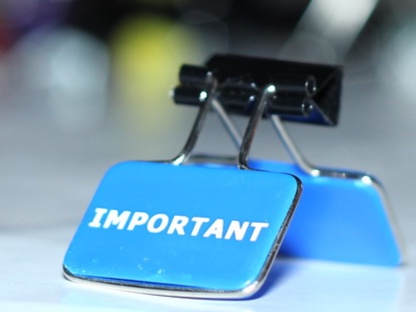We all have secrets in our lives, intentional or not.
Some things in our lives, we are told or we are taught.
I have an SMI family member, a fact I cannot escape.
I advocate for my family member who’s had no treatment to date.
I’ve learned to keep this to myself, so not to cause my friends and family pain.
I’m not looking for attention, and his treatment is all I seek to gain.
Loved ones said I must choose between my SMI advocacy and involvement in their lives.
I was asked to advocate alone, hidden from the family’s ears and eyes.
I’ve never needed others to convince me of what was right.
So I became a Secret SMI SuperHero working in the night.
I don’t know how to choose between all those people I love so dear.
Lack of mental health treatment for any one of them is what I fear.
My marriage has been threatened and I have been told to choose.
All because my spouse can’t see any way to win, he believes I’ll only lose.
They say they do not want to hear or see my efforts — to keep it out of their lives.
I’ll try to keep it to myself and not let it affect our family ties.
So now I’m a Secret SMI SuperHero, not saying that because I am vain.
The superpowers that I have were only born from pain.
My family does not read my posts, articles, blogs, or follow the speeches or the story that I tell.
They only care that I continue to care for them and continue to do it well.
They do not know of my SuperHero successes or when I only cried.
Someday I hope they will know me, and know how hard I tried.
Some of you would know of me — my efforts have been strong,
Yet no one in my immediate family has watched them all along.
I gave up TV, hobbies, gardening, and sleep to give me more hours in a day.
I’ve kept my efforts hidden — meetings, interviews, testimony — it was the only way.
I’ve secretly stayed up late — while my family slept — to advocate and write.
I was making signs and writing speeches all throughout the night.
Much testimony has been given and yet laws still remain the same.
Solutions seem apparent, but talk is always more about the blame.
As the years have passed my friends are long gone.
Either they were afraid, embarrassed, or it was too awkward to go on.
Some in my family say he does not deserve help due to all that he has done to us.
They do not comprehend that treating his brain disease will be the only justice.
Others didn’t know him back when his life began.
All our family loved him dearly and some still find they can.
Failure to educate or persuade my own family has led to my biggest fear.
How can I fail in changing the hearts and minds of the ones I hold so dear?
Some are not as willing to accept that it is a brain disease.
They think it's a behavior that one could choose to cease.
It’s a disease of delusions that my family member tries to fight.
While he fights for peace of mind, I can only do what’s right.
I’m not the only Secret SMI SuperHero, we know they are all around us now.
We listen to all the stories and know we need to help, but how?
Sadly my loved ones do not know me. They don’t know how much I care.
They may someday need me to be that SuperHero for them and I would be there.
Yes, some of you would know me very, very well,
But, I have stories a Secret SMI SuperHero can never, ever tell.
When all is said and done, I cannot be sorry.
I can only be the Secret SMI SuperHero that is me.







